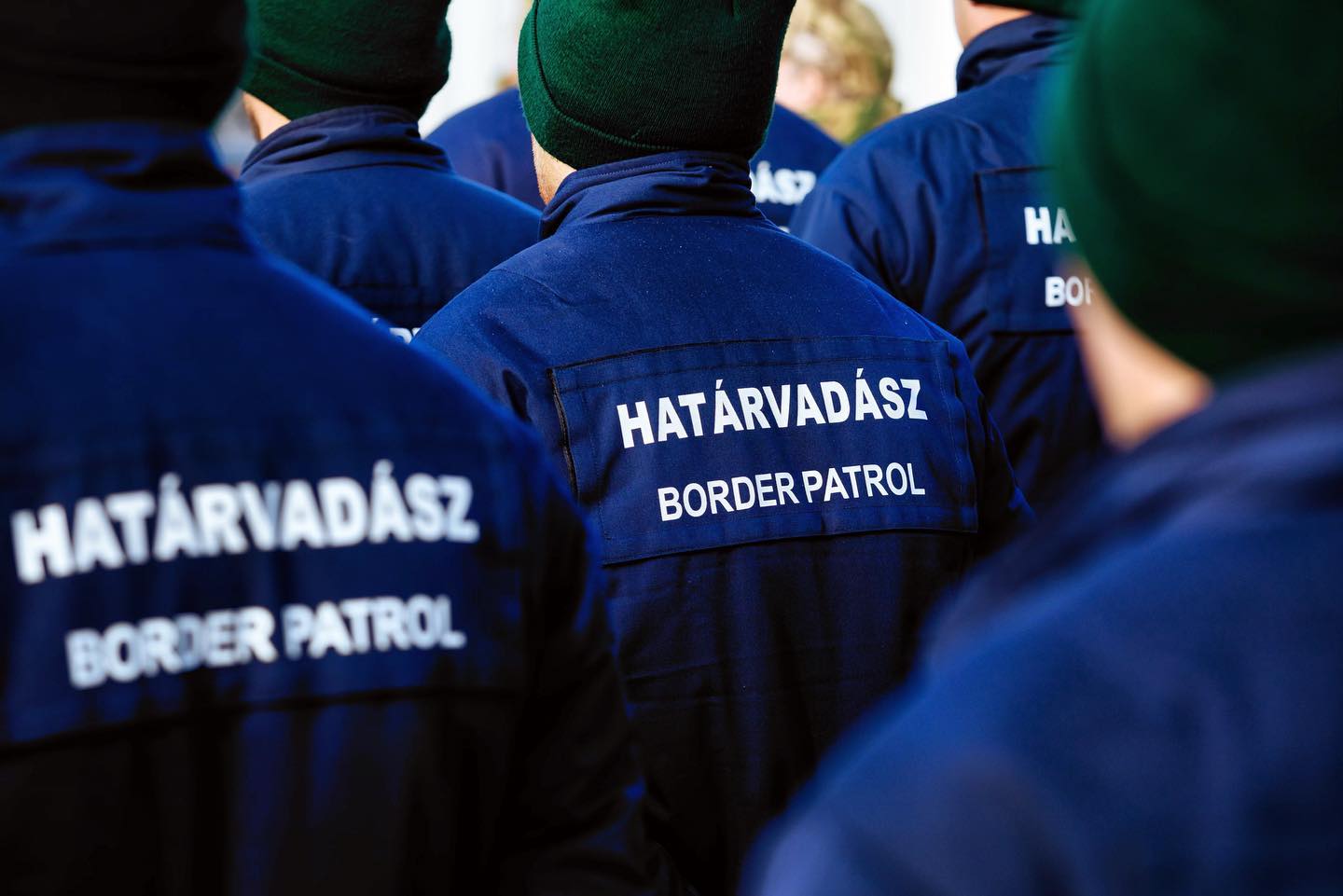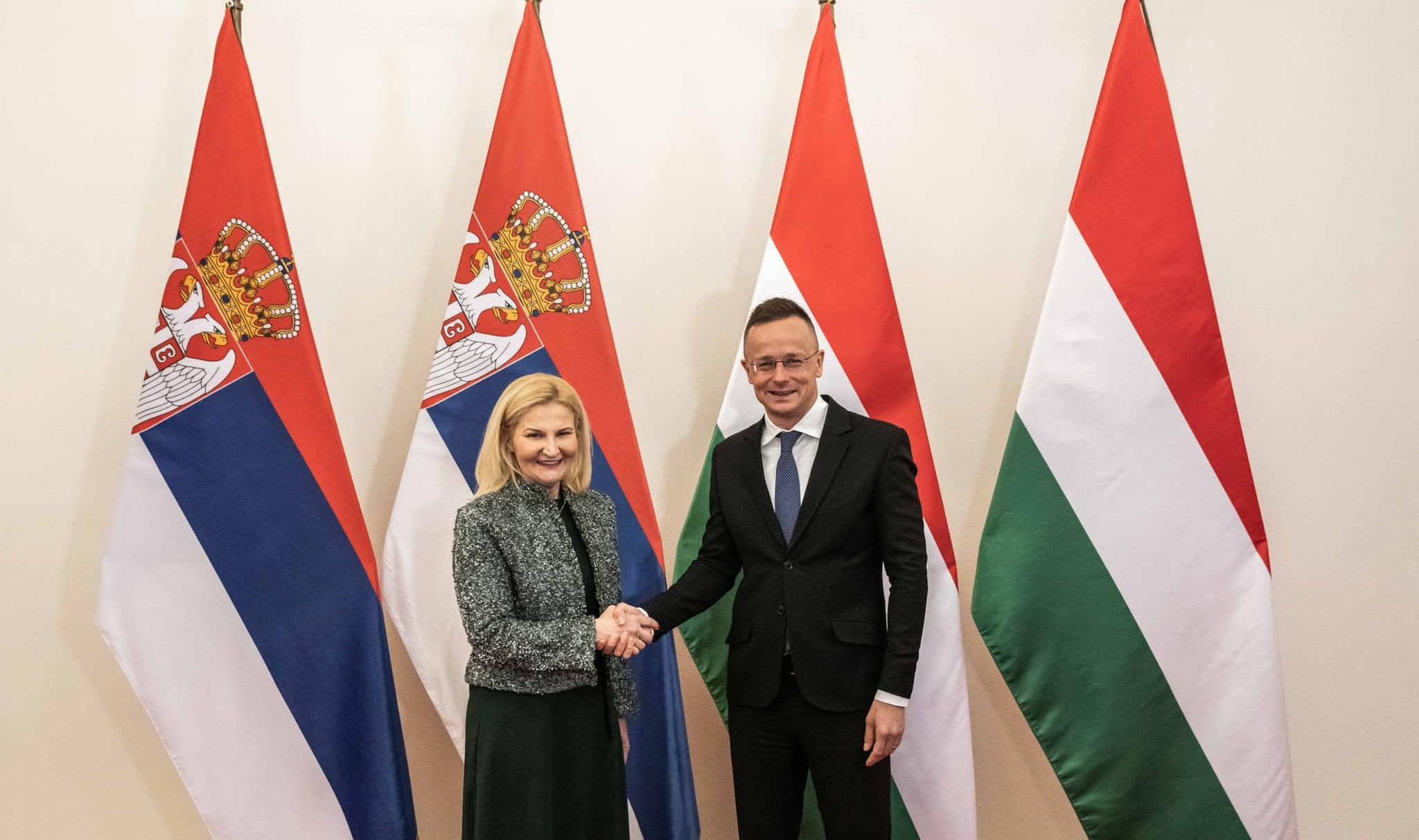
Recent comments by EU officials indicate that the protection and management of external borders may need to be reinforced.Continue reading

The current crisis offers an opportunity to accelerate the European integration process in the Western Balkans, underscored Hungarian Minister of Foreign Affairs and Trade Péter Szijjártó at a press conference in Budapest with the new Serbian Minister for European Integration, Tanja Miscevic.
The Hungarian Minister stressed that Serbia’s accession as the largest state in the region would be crucial, and therefore the EU should open all thirteen accession chapters that have not yet been opened. He added that Serbia’s integration would not only be in Hungary’s national security and economic interest, but also in the European interest.
As Péter Szijjártó sees it, the accession process is unacceptably slow, and the European Union seems to be deliberately slowing it down. According to him, “all those who slow down enlargement are actually weakening the European Union,” adding that
Serbia would contribute to the physical, economic, and energy security of the European Union, as the example of Hungary proves.
On the issue of physical security, the Foreign Minister said that migratory pressure is increasing and it would be “naive to think that it will decrease,” as the root causes are getting worse. Therefore, cooperation with Belgrade is more critical than ever for border protection.
On the economic front, the minister recalled that last year, after a 68 percent increase, the value of Hungarian-Serbian trade reached six billion euros, a record high. On energy security, he said that in 2022, Hungary would import roughly five billion cubic meters of natural gas through Serbia via the only pipeline that is currently operating at 100 per cent capacity between east and west.
“The closer our cooperation with Serbia, the closer our cooperation in the fight against migration, economy, and energy supply, the better position Hungary is in,” the Minister concluded. He added that if the EU also cooperated more closely with Serbia in these areas, it would also be in a better position.
Featured photo via Facebook/Péter Szijjártó